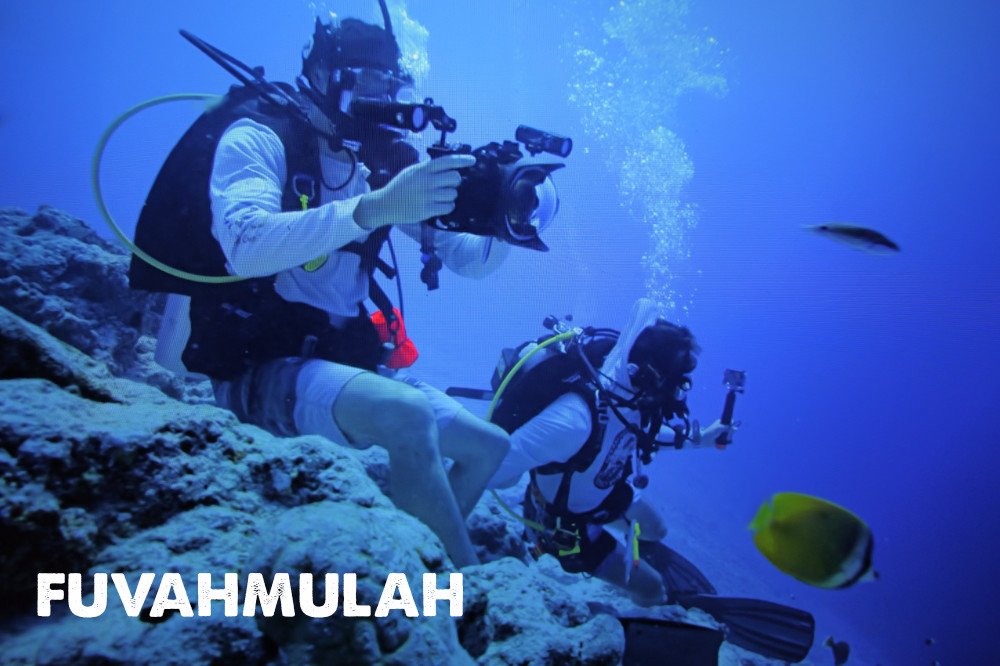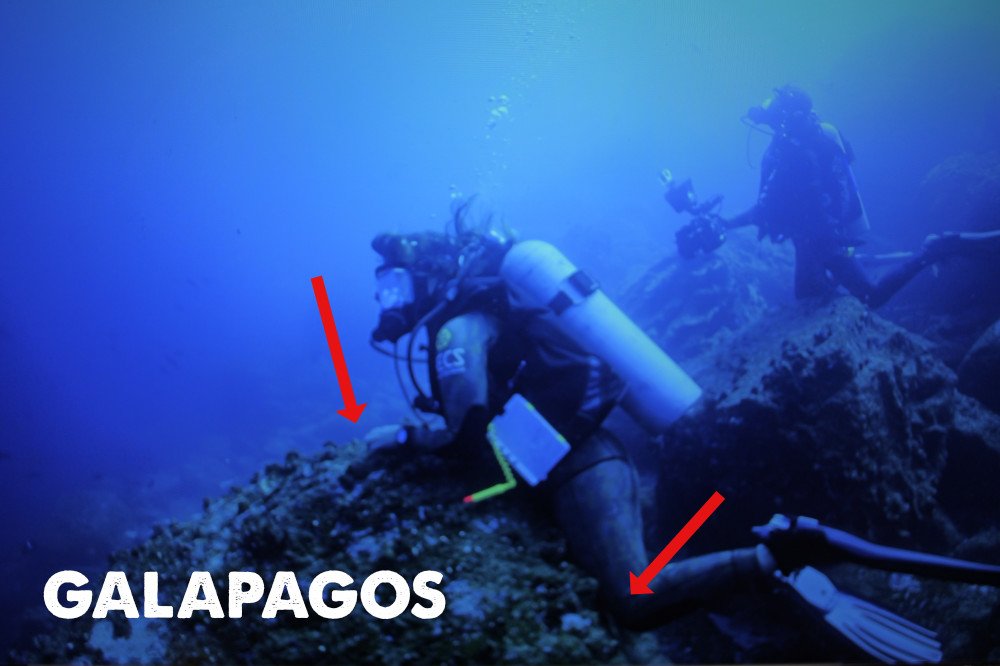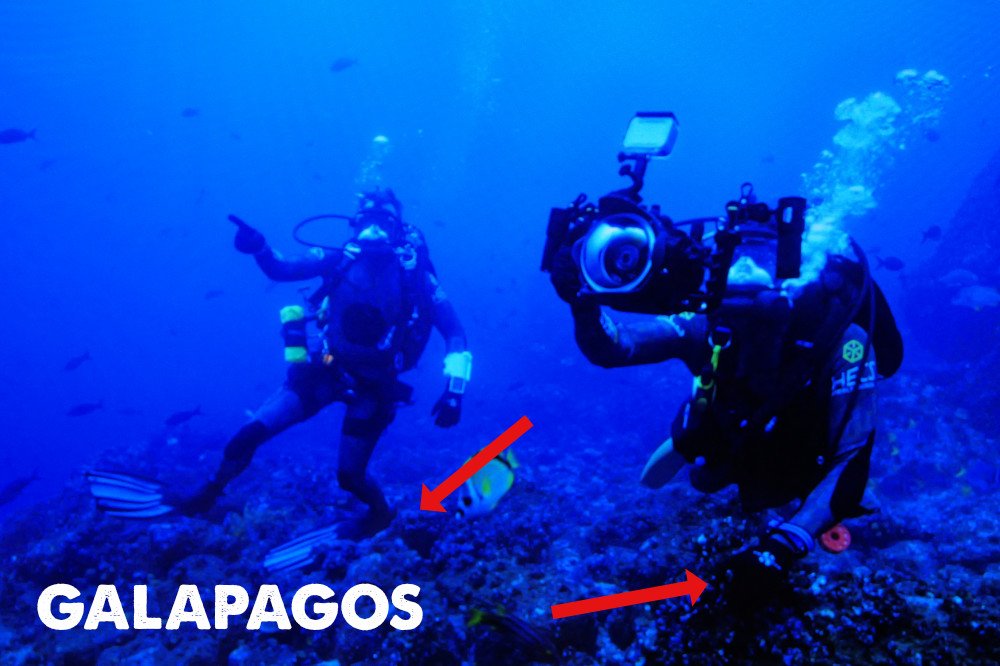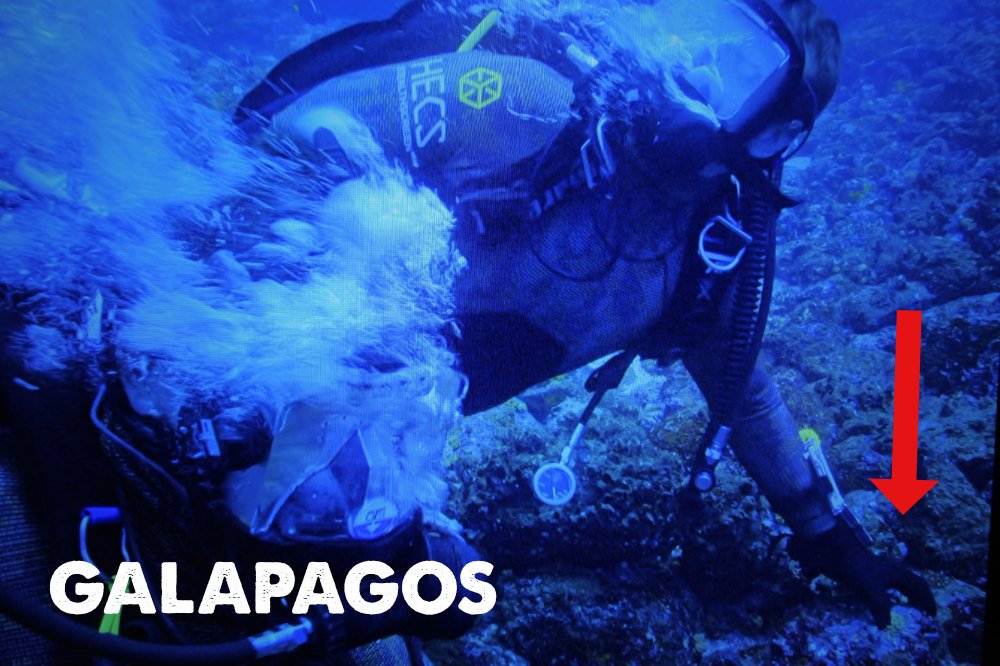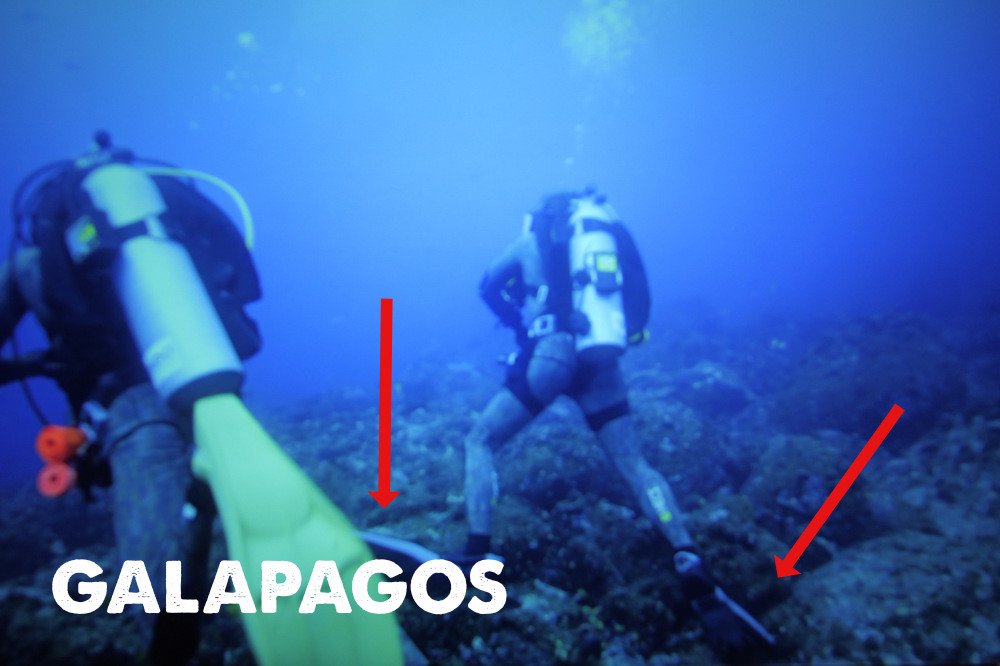All the Sharks: Photograph the Sharks Without Caring About the Surrounding Environment
I just watched a few episodes of the reality series “All the Sharks,” which is airing on Netflix. The core idea is commendable: to show sharks in a different light, not as dangerous creatures but as animals to be protected. The format is a competition: four teams compete to photograph the most shark species around the world. The team that captures the most wins.
So far, so good. The problem, or rather, the problems, emerge when watching the episodes because the series is full of inconsistencies and behaviors that are perplexing, to say the least.
Let’s start with some scientific blunders, like when Sarah from Team “Great British Bait Off” repeatedly states that rays are sharks.
Of course, the show takes plenty of dramatic license, but I find it understandable: it’s aimed at a general audience and therefore needs to dramatize the content.
But the series’ real weak point is the participants’ “in-water conduct.” The divers from Team “Gills Gone Wild,” for example, show they have zero aquatic skills, with a “doggy-paddle” finning technique so comical that it makes you think they never really learned how to move underwater.
The most bizarre of all, however, is the “Shark-Docs” team, composed of marine biologists Brendan and Chris. The two are also part of marine conservation organizations like the Reef Environmental Education Foundation (REEF) and the Ocean’s First Institute. Despite this, their behavior is decidedly inappropriate: they are repeatedly filmed literally sitting on the coral in Fuvahmulah, Maldives, while taking pictures.
The climax is reached in the finale in the Galapagos, a paradise that should be meticulously preserved. Brendan and Chris rest their fins on the reef without any control, and the other divers, who have obvious trouble with their buoyancy, don’t miss any opportunity to grab onto anything they can find with their hands.
As an instructor, I find it hard to imagine issuing an Open Water Diver certification to anyone who shows so little awareness and respect for the environment.
Added to this is a critique of the technical quality of the footage. Most of the shots lack even minimal post-production, resulting in “all-blue” images. A little more care on the visual side would have certainly benefited the final quality of the product.
In conclusion, “All the Sharks” is a missed opportunity. The noble underlying message—the conservation of sharks and their habitat—is unfortunately betrayed by its own protagonists and is transformed into: “Photograph the sharks without caring about the surrounding environment.” What a shame.
